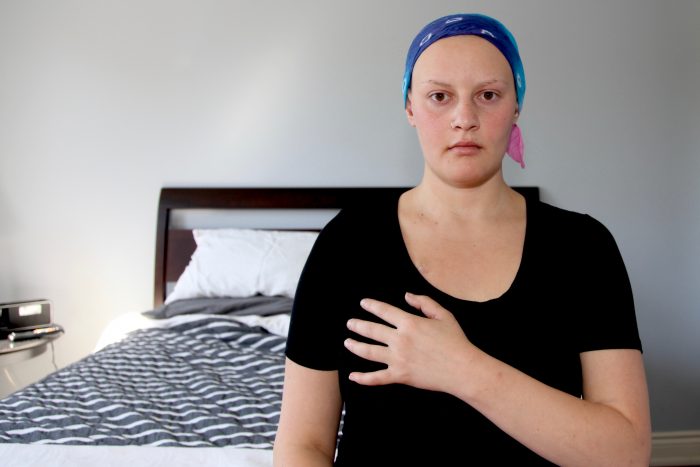
A study presented at the San Antonio Breast Cancer Symposium evaluated the effects of implementing a breast cancer nurse navigator (BCNN) program at an institution that treats a significant proportion of minority, rural, and economically disadvantaged patients.
BCNNs provide support for patients and their families during the treatment process; previous studies have observed that BCNNs may improve the patient experience and qualify of life, as well as reduce delays in care.
The University of New Mexico Comprehensive Cancer Center (UNMCCC) implemented a nurse navigator program in 2017 to improve the experience of its primary intended treatment population. The program implemented at UNMCCC correlates with the American Society of Clinical Oncology’s new task force aimed at minimizing the rural cancer care gap.
To evaluate the efficacy of the BCNN program, the researchers surveyed patients about satisfaction and services utilized. Patients with breast cancer who were in the institution’s care before (non-navigated patients; n=32) and after (navigated patients; n=54) the program went into effect were included. Patients answered yes or no questions, the answers to which were converted to binary, and Likert scale questions that were measured on a five-point scale (1 representing “strongly agree” and 5 meaning “strongly disagree”).
The navigated patients were more likely to report feeling ready to begin treatment compared with the non-navigated group (1.558 vs. 2.103; P=0.020) and were less likely to want an after-treatment summary (0.918 vs. 1.000, respectively; P=0.044). Navigated patients said their calls were returned in a timelier manner compared with non-navigated patients (1.33 vs. 1.80; P=0.003). Navigated patients, compared with the non-navigated group, were more likely to consider office staff knowledgeable about their treatment plan (1.509 vs. 1.806; P=0.134); they also believed the BCNN helped them understand treatment plans (1.549 vs. 1.710, respectively; P=0.437), took their concerns seriously (1.434 vs. 1.516, respectively; P=0.579), and was helpful in managing side effects (1.689 vs. 1.923, respectively; P=0.356).
The authors concluded, “This study shows that patients in a unique minority, rural, and economically disadvantaged population subjectively report better understanding of and engagement with the healthcare system when assisted by a BCNN during the treatment of curative breast cancer, an effect which has not been well demonstrated before.”







 © 2025 Mashup Media, LLC, a Formedics Property. All Rights Reserved.
© 2025 Mashup Media, LLC, a Formedics Property. All Rights Reserved.